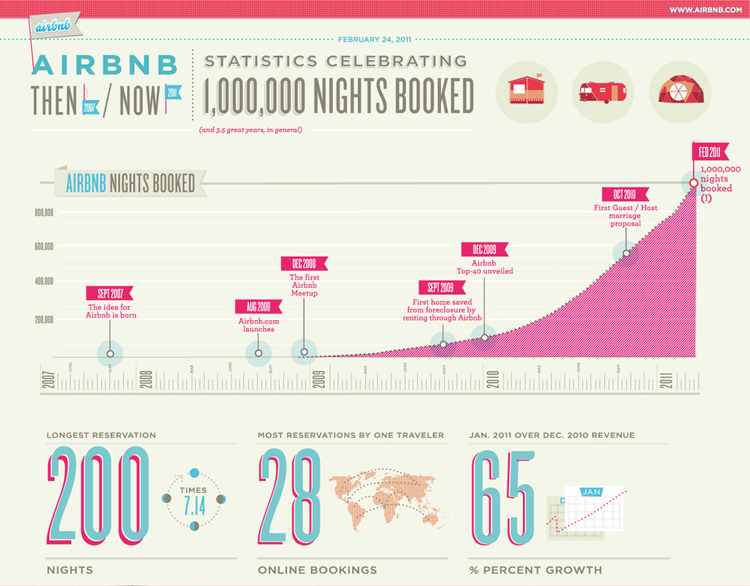The other day
37signals wrote about Jeff Bezos' advice. Smart people often change their minds and seem to look inconsistent. When conditions change and new information is known, smart people revise their thinking to take the new piece of information into account. They are not afraid to challenge their own thinking and come up with new solution.
It seems a perfectly logical thing to do. When more facts are known, you want to change your answer to reflect the newly discovered information. But it is often difficult to change your earlier decision for many reasons. It may look like you are admitting that your own wrong and undermining your own acumen. You may be perceived as a flip-flop who cannot be trusted to make a firm decision.
Not so smart people who have self-doubts are often discouraged by these concerns. Once decision is made, they often look away from newly found information and focus on marching towards earlier decision. They would rather bury their heads in the sand and pretend that the new information does not exist.
Don't be afraid to make changes. When ground shifts, you must re-examine your earlier route.
One academic example: Say you have three cards lying face down on a table. One of the card is a joker, and a dealer asks you to make a correct guess as to which one of them is. You pick one card. Without turning your card over, the dealer reveals one card that is not a joker. Then a dealer gives you a chance to switch your pick. What should you do?
Answer is to switch always because you have more information known about the cards. Your original answer has 33% of chance of success. Yet switching your answer gives you 66% of chance of success.








